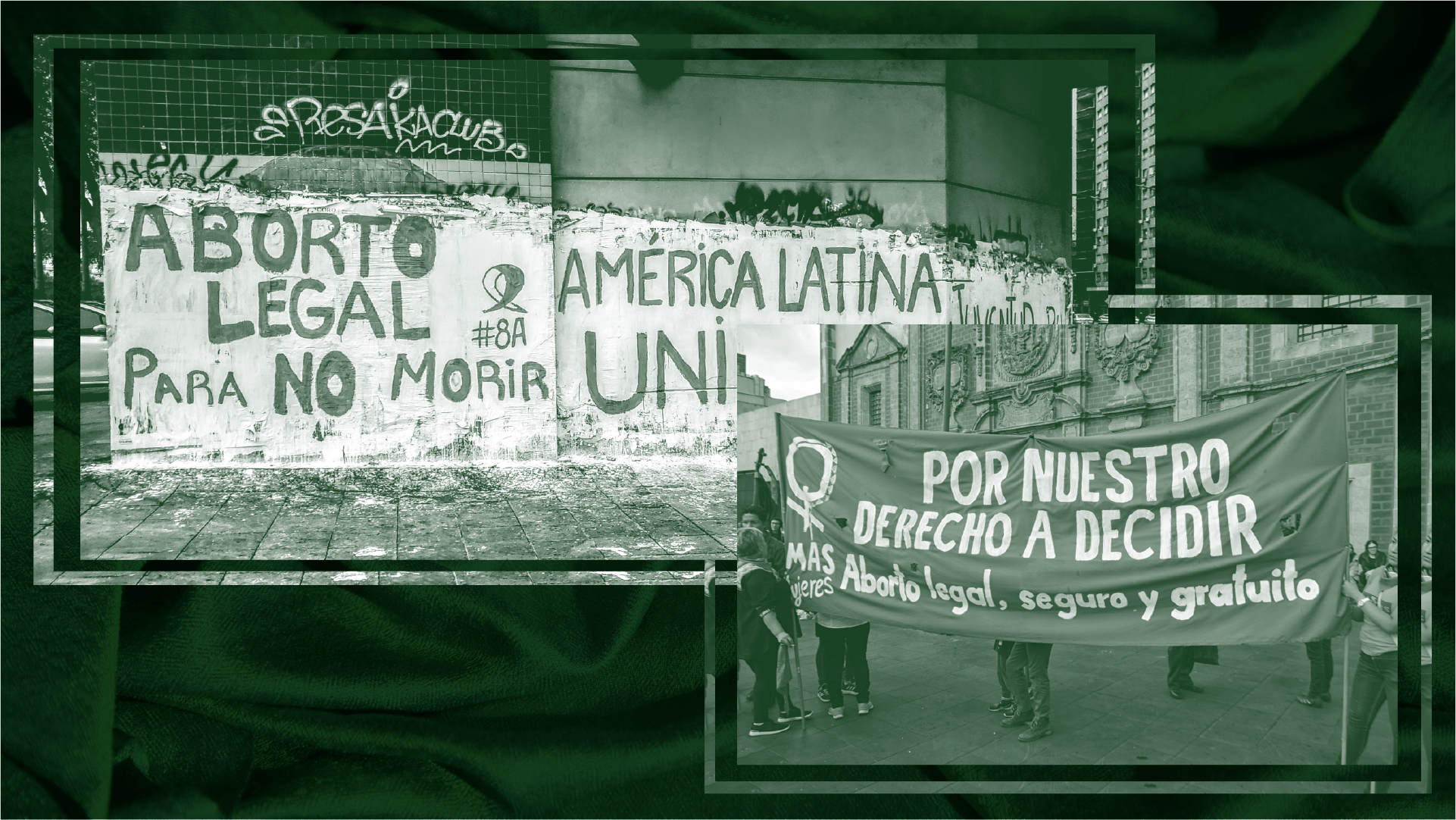
SCOTUS’ New Ruling Limits Contraceptive Coverage
The U.S. Supreme Court ruling allows employers to withhold contraceptives from their employees insurance on the basis of religious and moral objection.
The U.S. Supreme Court ruled Wednesday in favor of exempting employers with religious or moral objections from providing contraceptives in their employee insurance.
The 7-2 decision will allow employers to deny access to birth control for their workers on the basis of religious and moral disagreement. Normally under the Affordable Care Act passed in 2010, insurance companies are mandated to cover one type of birth control from each category for free. The Little Sisters of the Poor Saints Peter’s, a Catholic religious non-profit who has been fighting the ACA policy argued, however, “that deliberately avoiding reproduction through medical means is immoral.”
Justice Clarence Thomas was the author of the majority opinion joined by Chief Justice John Roberts and Justice Samuel Alito. Alito, in his concurring opinion, wrote, “A woman who does not have the benefit of contraceptive coverage under her employer’s plan is not the victim of a burden imposed by the rule or her employer. She is simply not the beneficiary of something that federal law does not provide.”
The ruling — dissented by Justices Ruth Bader Ginsburg and Sonia Sotomayor — could lead to up to 126,000 women losing contraceptive coverage, according to government estimates shared in the ruling summary. The National Women’s Law Center, a nonprofit gender justice advocacy organization, released a statement after the decision that read in part that 61.4 million women currently do not pay for birth control because of ACA.
Ginsburg stated on the ruling summary that “As the foregoing indicates, the religious exemption ‘reintroduce[s] the very health inequities and barriers to care that Congress intended to eliminate when it enacted the women’s preventive services provision of the ACA.’”
This is a reminder of the Burwell v. Hobby Lobby ruling from 2014 when the Supreme Court ruled 5-4 in favor of employers refusing employees access to birth control. This was the first time a business was allowed to deny access to basic health care because of religious beliefs according to a statement published by Planned Parenthood.
This is the third time the Affordable Care’s contraceptive policy was brought up to the Supreme Court; Hobby Lobby in 2014 and again in 2016, for a 4-4 ruling of whether to exempt faith-based groups from paying birth control under their insurance plans. The efforts to limit access to contraceptives by the Supreme Court comes after the submission of a 82-page briefing by the Trump Administration to the Supreme Court in order to get rid of the Affordable Care Act on June 26.
Fawn Bolak, the Communications Director of Progressnow Colorado and Founder of the Keep Abortion Safe Project, told The Interlude in an email that the decision can hurt those who already face challenges getting the care they need due to their sexuality, color, and/or socio-economic status.
“The SCOTUS decision today is egregious and will no doubt have the hardest impacts on Black women and other women of color, who comprise the largest demographic essential workers currently keeping our economy afloat during a pandemic that the president refuses to address,” Bolak said.
The repercussions of this decision is going to hurt families financially. Renee Bracey Sherman, Executive Director of We Testify, an organization dedicated to sharing the stories of those who got abortions, said that seeing federal and state governments roll back the ability to take care of families due to patriarchal systems that benefit the wealthy has been frustrating.
“The reality is that anti-choice politicians are using the pandemic as a guise to push their hateful plans to ensure that women and trans folks aren’t able to decide if, when, and how to grow their family, all while refusing to provide healthcare, adequate protections from the pandemic, or solutions for families who can’t work or send their children to childcare,” Bracey Sherman said.
She finds the ruling antithetical to reproductive freedom, workers rights and family care.
“Your ability to receive treatment shouldn’t matter based on where you get your paycheck,” Bracey Sherman said. “It’s also disappointing because the same people who chide us for having abortions are the same people blocking us from obtaining birth control. It’s exhausting to say the least.”
Correction: July 9, 2020. A previous version of this article stated a source’s last name as Sherman. It has been updated to reflect the proper spelling: Bracey Sherman.


